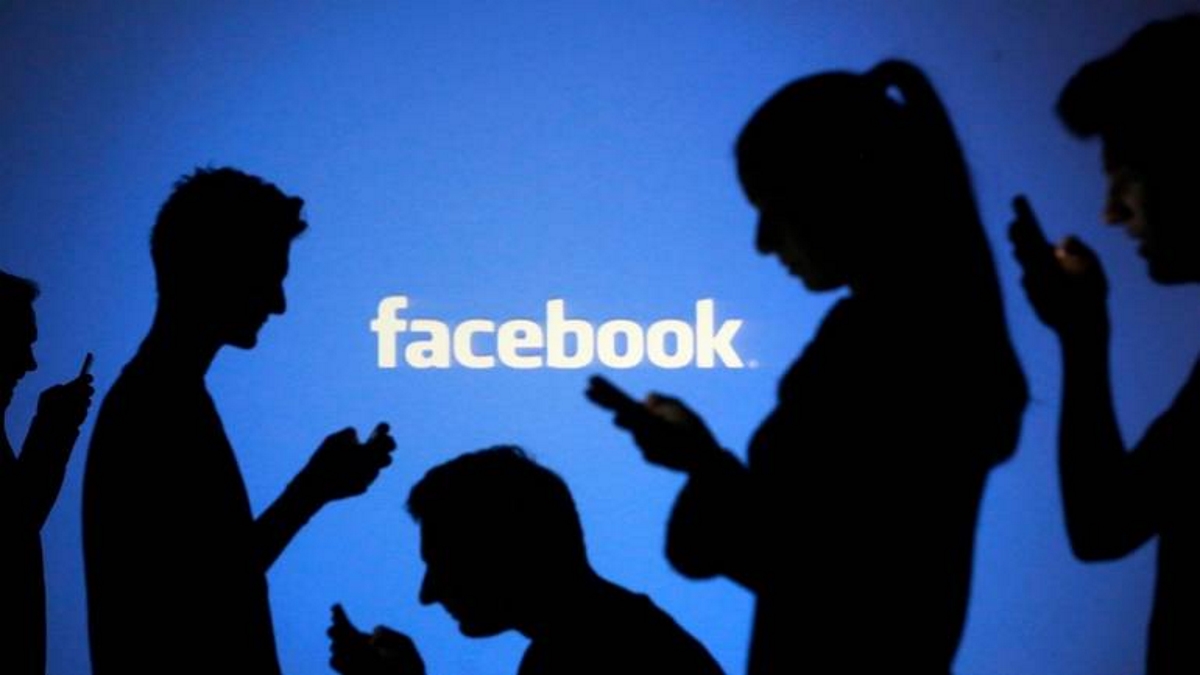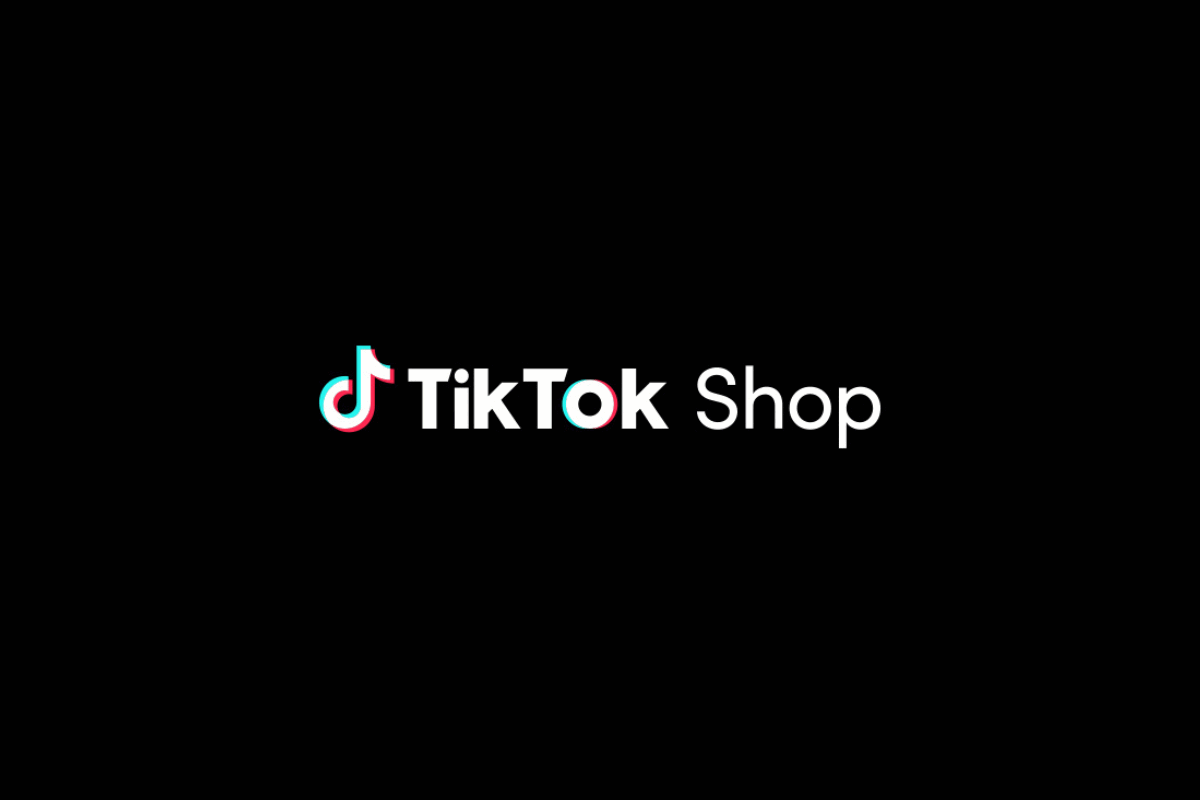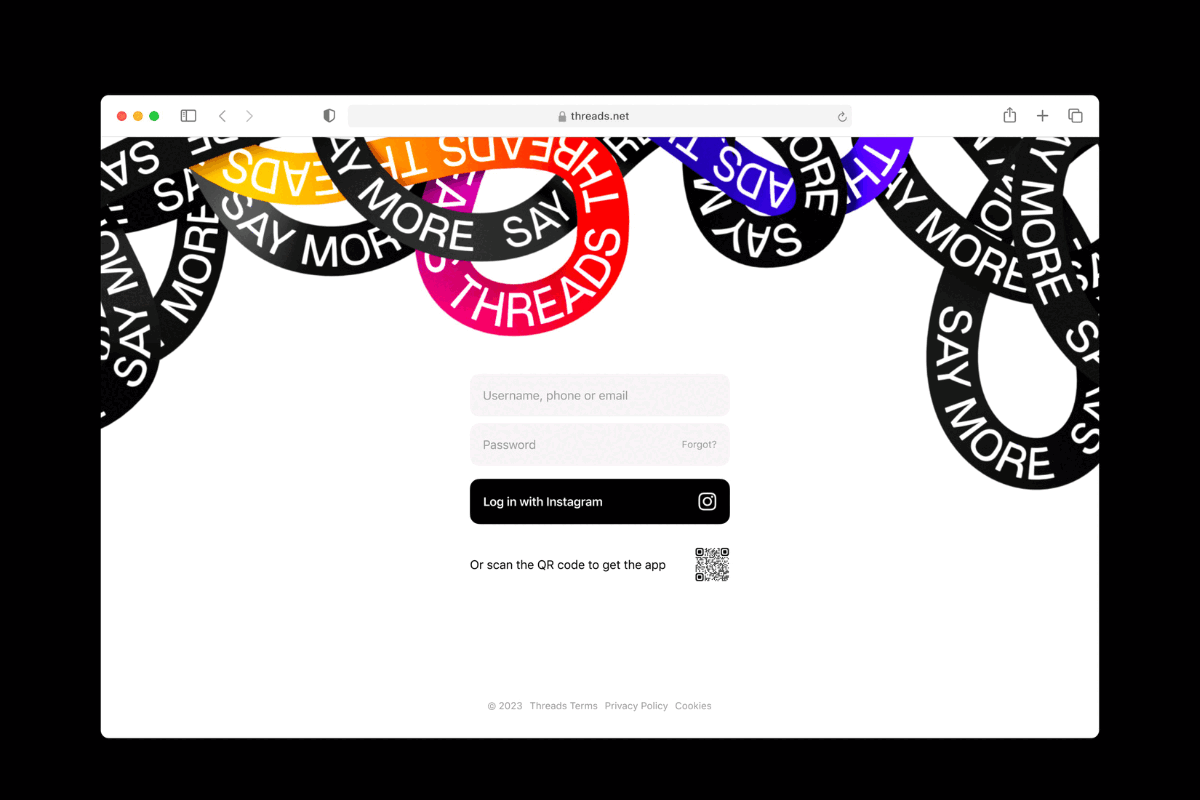Facebook removes more than 500 Russia-linked pages and accounts
- Thursday, January 17th, 2019
- Share this article:
 Facebook has removed hundreds more Russia-linked pages, groups, and accounts for ‘engaging in coordinated inauthentic behaviour’. These accounts operated in the Baltics, Central Asia, the Caucasus, and Central and Eastern European countries.
Facebook has removed hundreds more Russia-linked pages, groups, and accounts for ‘engaging in coordinated inauthentic behaviour’. These accounts operated in the Baltics, Central Asia, the Caucasus, and Central and Eastern European countries.
The social network says it has culled 289 Pages and 75 Facebook accounts linked to Kremlin-backed Sputnik, a news site based in Moscow. The pages and accounts posed as independent news pages or as general interest pages on topics such as weather, travel, sports, economics, and politicians in countries including Romania, Latvia, Estonia, Lithuania, Armenia, Russia, and others.
790,000 accounts followed at least one of the pages, which spent around $135,000 on ads between October 2013 and January 2019. Between them, the pages created around 190 events, of which 1,200 expressed interest in at least one, between August 2015 and January 2019.
In a separate purge, Facebook also removed 107 pages, group, and accounts from its social network – as well as 41 Instagram accounts – for inauthentic behaviour as part of a network originating in Russia and operating in Ukraine.
These accounts and pages all posed as Ukrainian and shared local Ukrainian news stories about various topics. In addition, according to Facebook, there was ‘some technical overlap’ with the fake news activity that was seen before the US midterm elections. This behaviour was identified as being consistent with previous Internet Research Agency (IRA) activity.
The second group of banned Facebook accounts and pages were followed by close to 180,000 accounts, while the Instagram accounts had over 55,000 followers. The accounts spent around $25,000 on ads across both Facebook and Instagram, running from January 2018 to December 2018, but hosted no events.
“We are constantly working to detect and stop this type of activity because we don’t want our services to be used to manipulate people. We’re taking down these Pages and accounts based on their behavior, not the content they post. In these cases, the people behind this activity coordinated with one another and used fake accounts to misrepresent themselves, and that was the basis for our action,” said Nathaniel Gleicher, head of cybersecurity policy at Facebook, in a blog post.
“While we are making progress rooting out this abuse, as we’ve said before, it’s an ongoing challenge because the people responsible are determined and well-funded. We constantly have to improve to stay ahead. That means building better technology, hiring more people and working more closely with law enforcement, security experts and other companies. Their collaboration was critical to these investigations.”
















